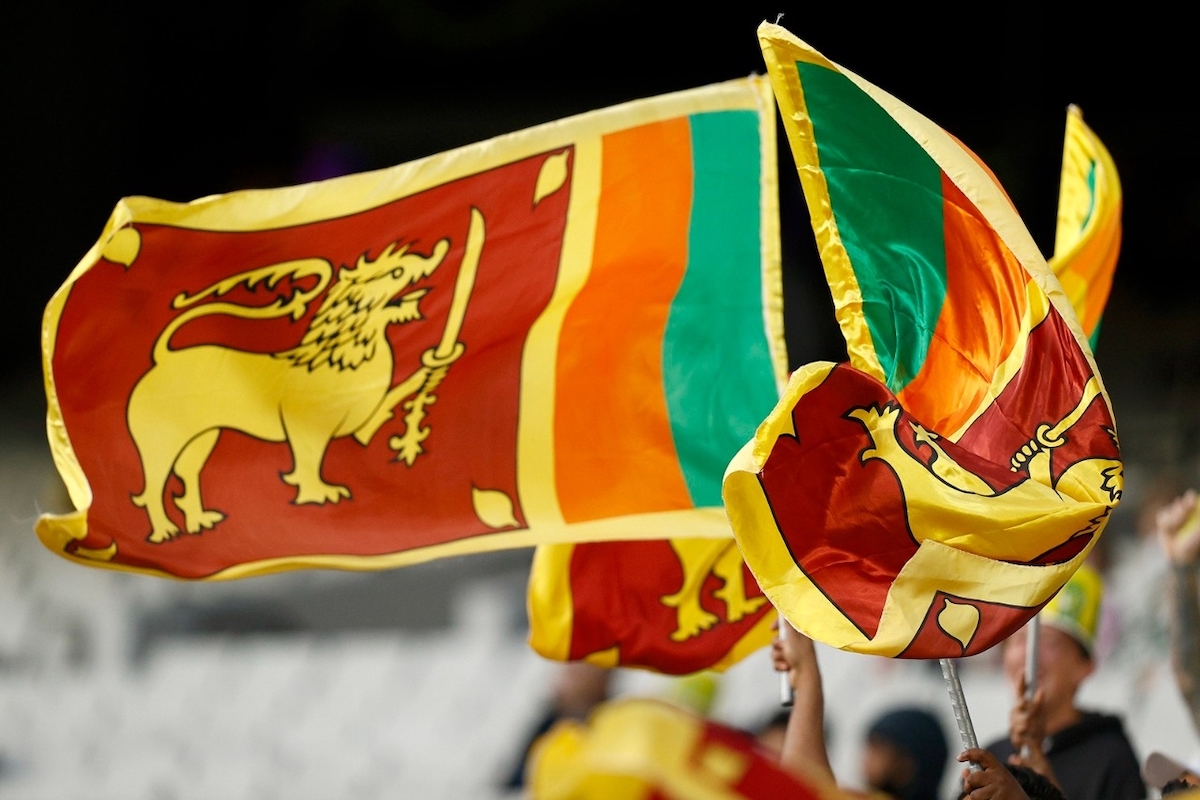The crisis in Sri Lanka has deepened with Thursday’s resignation from Parliament of Basil Rajapaksa, brother of Sri Lanka’s President and the country’s former finance minister. He happens to be the second member of the influential family to step down, amidst a severe economic crisis which is being largely blamed on members of the Rajapaksa family. “From today I will not be involved in any government activities but I cannot and will not step away from politics,” he said. “The objective is to allow someone else to be appointed to parliament in my place from the party,” he told reporters in Colombo. It bears recall that President Gotabaya Rajapaksa’s elder brother, Mahinda Rajapaksa, resigned as Prime Minister last month after prolonged protests against the economic crisis. Mahinda remains a member of parliament, however. The three Rajapaksa siblings have been key players in Sri Lankan politics for decades, but are blamed by protesters who have taken to the streets in their thousands in recent months for mishandling the island nation’s economy. Infighting between the brothers has also played a part in Sri Lanka’s slide into turmoil, but Basil Rajapaksa is likely to retain influence.
The country of 22 million people is suffering its worst economic crisis in seven decades after independence, with shortages of fuel, medicines and cooking gas. A severe lack of foreign exchange has stalled imports and this is at the core of the current imbroglio. Sri Lanka’s new prime minister, Ranil Wickremesinghe, is now leading efforts to find a way out of the crisis, with negotiations underway with the International Monetary Fund (IMF) for a loan programme and support from friendly countries, notably India and China. However, with only one seat in Parliament, his own, Wickremesinghe is dependent on the ruling Sri Lanka Podujana Peramuna (SLPP) party, which Basil Rajapaksa has helped rebuild into a political force. “BR will continue to remain a force in Sri Lankan politics regardless of not being an MP,” said Bhavani Fonseka, a senior researcher at the Colombo think-tank Centre for Policy Analysis. “The question is how much influence or control he has over the SLPP,” Fonseka said. The SLPP and its coalition partners have a comfortable majority in the 225-seat legislature, and several sources have claimed that many members of the ruling party remain loyal to Basil Rajapaksa.
The veteran politician, who served as finance minister between July 2021 and April this year, denied that he had failed to show Sri Lanka’s descent into financial turmoil. “I was the person to send the first letter to the IMF after becoming finance minister. It is the work I started that is now being taken forward,” he said. “I have no regrets.” The plot thickens, and many believe that while the Rajapaksas seem to be retreating in the face of protests, they are only regrouping.











